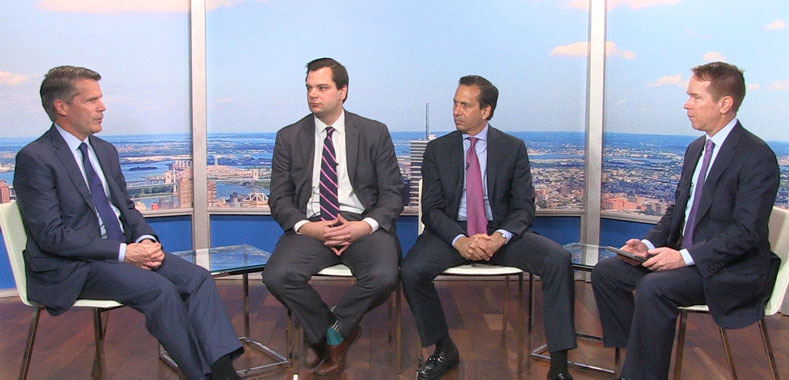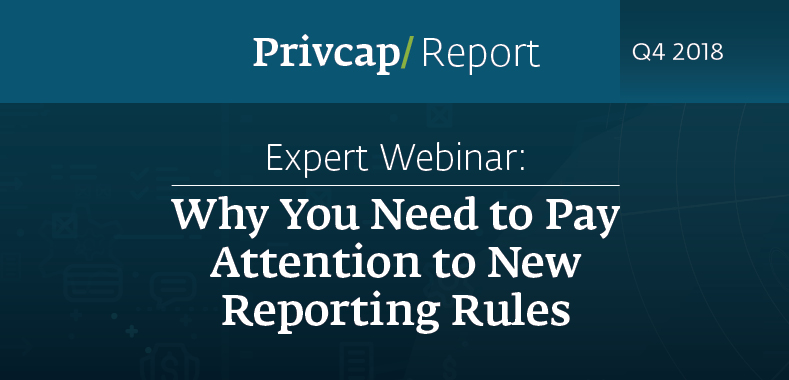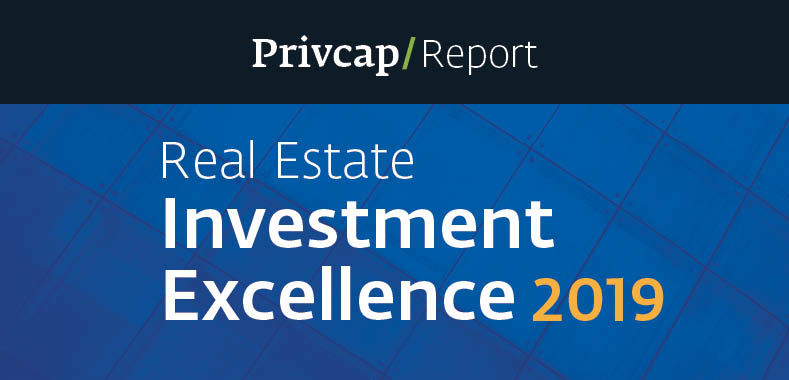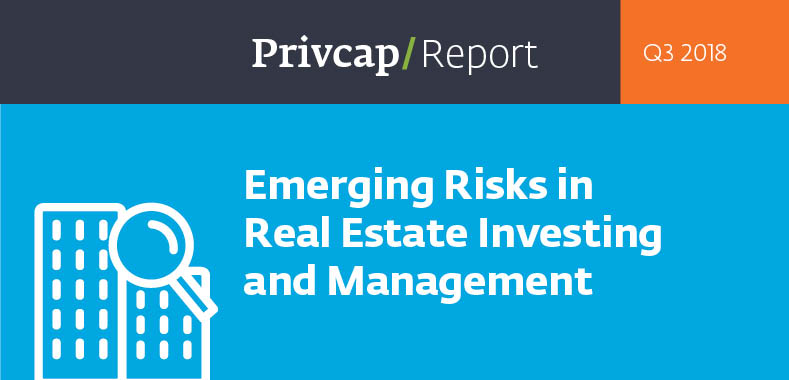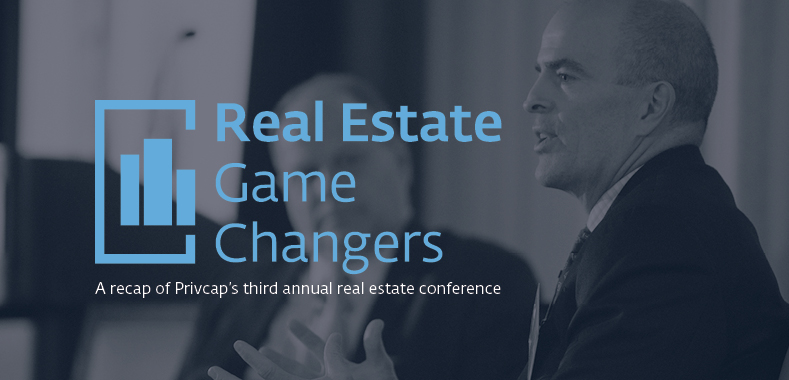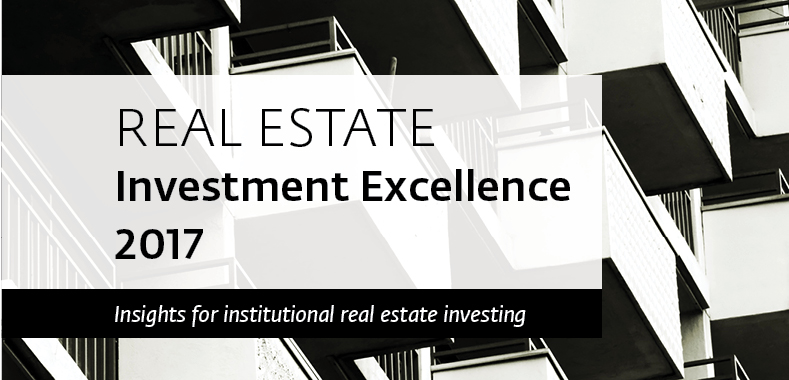Key Issues for Real Estate Investors Under New Tax Legislation
Download this article
Lead tax experts from RSM US LLP break down what it means to your bottom line
Privcap: In your opinion, what is the main goal of this tax plan?

RSM US LLP
Don Susswein, RSM US LLP: Congress decided that this tax reform bill would stimulate business. Even though a lot of individuals got tax cuts, it wasn’t primarily about the individual, it was primarily about the businesses. And the corporations got a major tax cut. They went from paying a 35 percent tax to a 21 percent tax rate. In addition, to be evenhanded, you don’t want to have a skewed economic recovery, where only part of the economy benefits, so they also implemented a more favorable pass-through tax regime than under prior law.
To put it simply, this law is an incredible incentive for entrepreneurship. Let’s assume that you’re a vacuum cleaner repair person and you work for the Hoover Vacuum Cleaner Company Repair Center and you make, let’s say, $100,000. You’re going to pay tax on $100,000. But if you decide you’ve had it working for Hoover and you’re going to set up your own little shop, either in your basement or in rented space, and you’re going start a vacuum cleaner sale and repair company, and it turns out in the first year you make the exact same $100,000, you only pay tax on $80,000.
How will the new tax plan impact real estate investors on the new tax legislation?
Susswein: Many real estate transactions won’t be affected at all. If your classic real estate transaction is buying a building, or building a building, and incurring tax losses, or at least not making a lot of money while you’re renting up, and then once it gets to a certain level, selling the asset at a long-term capital gain, your life isn’t affected very much. You still get your losses, for the most part. You still get your capital gains. The rates have neither gone up nor gone down on capital gains, so there isn’t much of a difference.
What about those properties with an operating income?
Susswein: If you are the holder of some properties that will generate a lot of operating income and that’s part of your business strategy, or perhaps they’ve been held in your family for generations and you aren’t planning to sell them—you will keep on living off of the rent, so to speak—then there is a new provision, not just for real estate, but a new provision that will lower the effective tax rate on income earned through qualifying pass-through entities by 20 percent, so that if you had $100 of rental income, only $80 of that income would be taxed. So if you’re ordinarily in the top tax rate of 37 percent, you’d be at a rate of around 29.6. So that’s an attractive feature, but it won’t affect you unless you’re earning the operating income from the business, i.e., the rent.
Can you explain more about this 20 percent? Who is entitled to it, and why?
Susswein: This is a very important provision in the new tax law, and the real estate industry wanted to be sure that they were covered by it, that they were eligible for it, even though the majority of real estate transactions may not end up using it. This is important for all different types of businesses that are not your large major multinational publicly traded corporation, which would not only include real estate entities but millions of businesses. For example, somebody could own, in an S corporation, 20 television stations, or they could own 50 hardware stores or what have you. It could easily be a billion-dollar business, but it could also be the corner grocery.
Can you explain like-kind exchanges and why it matters?
Andrew Cohen, RSM US LLP: Like-kind exchanges are a way for taxpayers to defer gains on the sale of real estate assets by reinvesting proceeds in other real estate assets, assuming they meet specific requirements. These rules used to apply not just for real estate assets but also for exchanges of personal-property assets. The rules that were enacted as part of tax reform left the application of the like-kind exchange rules alone for real estate assets but eliminated it for personal property. In general, if I bought a building 10 years ago for $1 million and it has appreciated and now is worth $3 million, the $2 million of income I would have otherwise recognized 10 years later would go untaxed if I go and I reinvest in other real estate assets (assuming I meet certain conditions).

RSM US LLP
Most real estate investments are heavily debt-financed. Can you talk more about deductions and what people can expect?
Susswein: Well, if you’re in a real estate trade or business, your deductions of real estate related interest are unaffected if you elect a specific set of provisions.
Cohen: In general, for real estate, you have a trade-off where the deductibility of interest survives for many taxpayers. You can elect to continue to fully deduct interest, but the trade-off is a longer recovery period on your real property. For people that own nonresidential property, it’s basically doing 40-year depreciation instead of 39 years; and for residential real property, it’s 30 years instead of 27 and a half years. The depreciation expense decrease from qualified improvement property may be more drastic, but the deductibility of interest expense continues for electing real estate trades or business taxpayers. And I think, for many of our real estate clients that I’ve been speaking with, this interest-limitation provision is not something as concerning to them compared to other industries.
REITs seem to come out ahead in this bill. Do you believe this is true statement?
Susswein: I wouldn’t necessarily say that, because corporate business and noncorporate pass-through businesses have also gotten tremendous benefits. If you look at which industries benefited, real estate was in a pretty good position before and was theoretically vulnerable to any changes that might be considered. Just look at what could’ve been taken away. But I wouldn’t say that they’ve been advantaged on a relative basis. In fact, the commercial industry didn’t want any advantage. The leadership of the commercial real estate industry just wanted to be taxed economically, more or less, not with special benefits or special tax rates, unless other people are getting them—in which case they want to be treated fairly. In fact, in one early proposal, it was stated that people should able to buy buildings and immediately expense them and major leaders of the real estate industry said that was too generous and would bring too much money into the industry, perhaps leading to overbuilding.
So speaking of coming out ahead…
Cohen: One type of REIT that we see coming out as a big winner might be mortgage REITs. If you’re a lender and you’re basically receiving interest income, if that interest income is earned through a traditional partnership structure, it may get taxed to the individual owners at a 37 percent rate. But if that same interest is earned through a REIT that’s otherwise meeting the REIT tests, the income that’s generated could be taxed to the shareholders of the REIT at a 29.6 percent rate.
Let’s say you buy one apartment building and for some reason the government says you’re not in a trade or business—you don’t do enough, it’s net lease. How would you handle this?
Cohen: If you don’t get this automatic deductibility of interest, then you still could deduct at least a portion of it based on an EBITDA calculation for the first few years the law is in effect.
Another note is that if you were to go and buy an apartment building or buy some other real estate asset that has some personal property attached to that asset, the value that’s associated with that personal property, compared to prior law—where it was depreciated over five or seven years—now is 100 percent deductible upon acquisition. And that’s regardless whether you’re in these interest limitations or not for purposes of this personal property.
If you’re going and buying something in 2018, you could be in a situation where if you’re getting this 100 percent deduction on a portion of your asset in the year that you acquire it, you could have in 2018 a substantial tax loss, with or without the deduction for interest. In future years, you could have more income, because you’ve basically accelerated a deduction. Because of this, I think we will see a lot of taxpayers that acquire real estate see larger losses than they’re used to seeing over the next year.
So would that be a disincentive to any kind of improvements on a property?
Cohen: No. Let’s say you want to upgrade the appliances that you have in your building, and you take out the old refrigerators and you put in new refrigerators. Those appliances, whether it’s existing assets or brand-new refrigerators, would then become 100 percent deductible in the year that you placed those in service. So what we’re seeing in the industry is the cost-segregation specialists getting a lot of calls from people who are trying to find more personal property in their property acquisition, and renovations that they can go and immediately deduct in the year that they spend the money.
Is there a recomendation that could help alleviate some of the pain points or the anxiety of the law?
Susswein: Outside of real estate, there’s no question that every business in America needs to have a major fiscal exam, so to speak, to see how they should possibly be restructured. In real estate, it’s less dramatic.
Cohen: Yeah, I agree. Fund managers and the property managers could be impacted differently from the tax legislation, so they should consult their tax advisors regarding their structure. If they’re trying to figure out how they’re going be taxed on the income, it could vary for those managers of assets or portfolios.
Where do you see this bill taking us in five years, either on the real estate side or in general?
Susswein: That is the fascinating question. It depends on whether we have a big budgetary crisis, or whether we have a major change on the political front. could be that the law works, and we get tremendous continued uptick in economic development, and it’s going to be hard to criticize the law. It could be the tax law for another 10 or 20 years. Of course, there are technical errors that need to be fixed.
Unfortunately, Congress seems to want to pass a tax law every two years or so. They could enact the perfect tax law, as many people think they did in 1986, but then they have to come to work the next day. What are they going to do for an encore? The only thing they can do is take it apart, or modify it. It’s ironic. Our founding fathers made it very difficult to get a change in the law passed. But our political system makes the politicians want to show their constituents that they’re doing something in Washington – even if the best thing they could do is to leave well-enough alone.
Lead tax experts from RSM US LLP breakdown what the new tax legislation means for real estate investors





